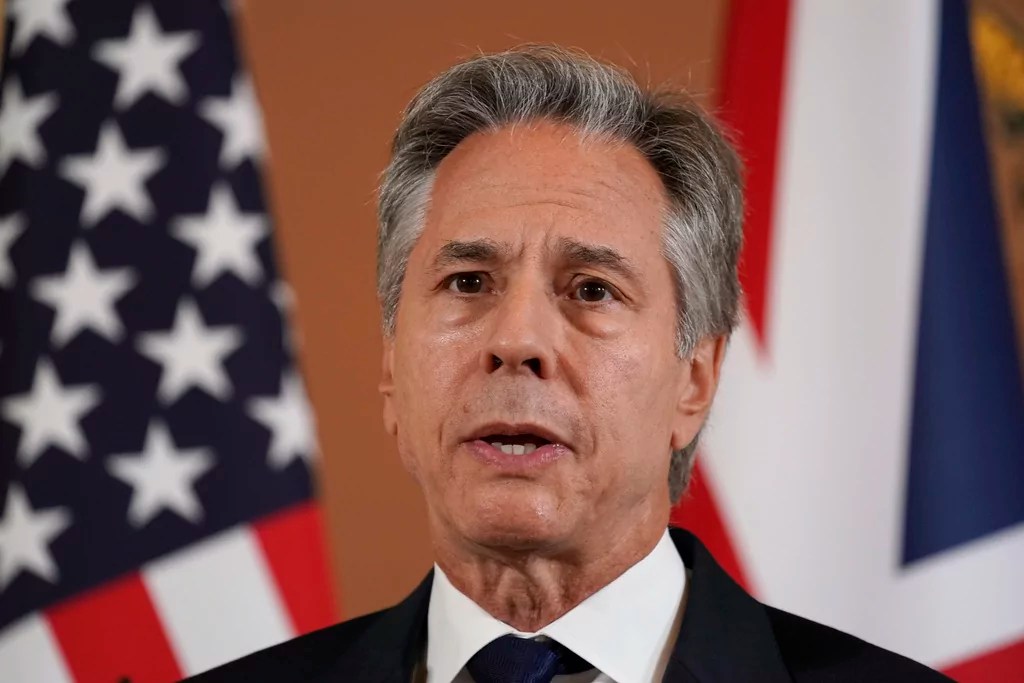


Secretary of State Antony Blinken is heading to Belgium to speak with his NATO counterparts, a late addition to his schedule and his first since last week’s presidential election.
The State Department announced Tuesday that the secretary is traveling to Brussels through Wednesday “for meetings with his NATO and European Union counterparts to discuss support for Ukraine in its defense against Russia’s aggression.”
WHO WILL SERVE IN PRESIDENT-ELECT DONALD TRUMP’S CABINET? WHAT WE KNOW

There has been anxiety among some European nations that Trump’s return to office could jeopardize Western support for the Ukrainian military, which is still fighting to hold off the Russian invasion.
This has led some governments to reaffirm geopolitical agreements and hedge against possible shifts from President Joe Biden’s foreign policy.
Polish Prime Minister Donald Tusk announced Monday that he is working to form a Ukraine-focused coalition in Europe to ensure continued material support to the war-torn nation.

“We will actively coordinate with countries that share our views on the geopolitical and transatlantic situation, as well as on Ukraine,” Tusk said. “No one seeks an escalation of the conflict, but Ukraine must not be allowed to weaken or capitulate, as this would pose a serious threat to Poland and our interests.”
Following his two-day trip to Europe, Blinken will fly to South America to join Biden at the Asia-Pacific Economic Cooperation Economic Leaders’ Week and the G20 Leaders’ Summit. He will stop in Lima, Peru; Manaus, Brazil; and Rio de Janeiro.
CLICK HERE TO READ MORE FROM THE WASHINGTON EXAMINER
Multiple Trump camp insiders told the New York Times on Monday that Sen. Marco Rubio (R-FL) is likely to be nominated as secretary of state in the new administration. The sources hedged their claims though, pointing out that the president-elect has a track record of changing his mind at the last second.

Rubio has voiced support for bringing the Russian invasion of Ukraine to a swift end, calling the war a “stalemate” that must be stopped before Ukraine is “set back 100 years” by the casualties.
“Now, that doesn’t mean we celebrate what Vladimir Putin did or are excited about it, but there has to also be some common sense here,” Rubio said in an interview with Today last week. “And that is that right now what we are funding is a stalemate that’s costing lives.”
